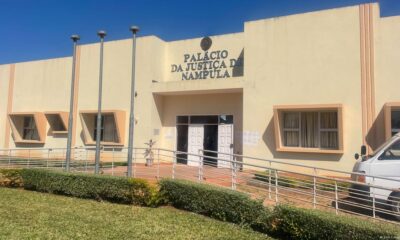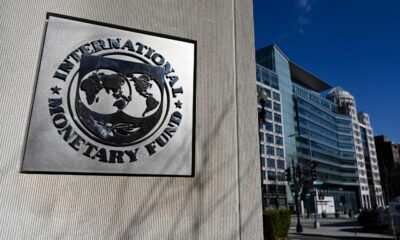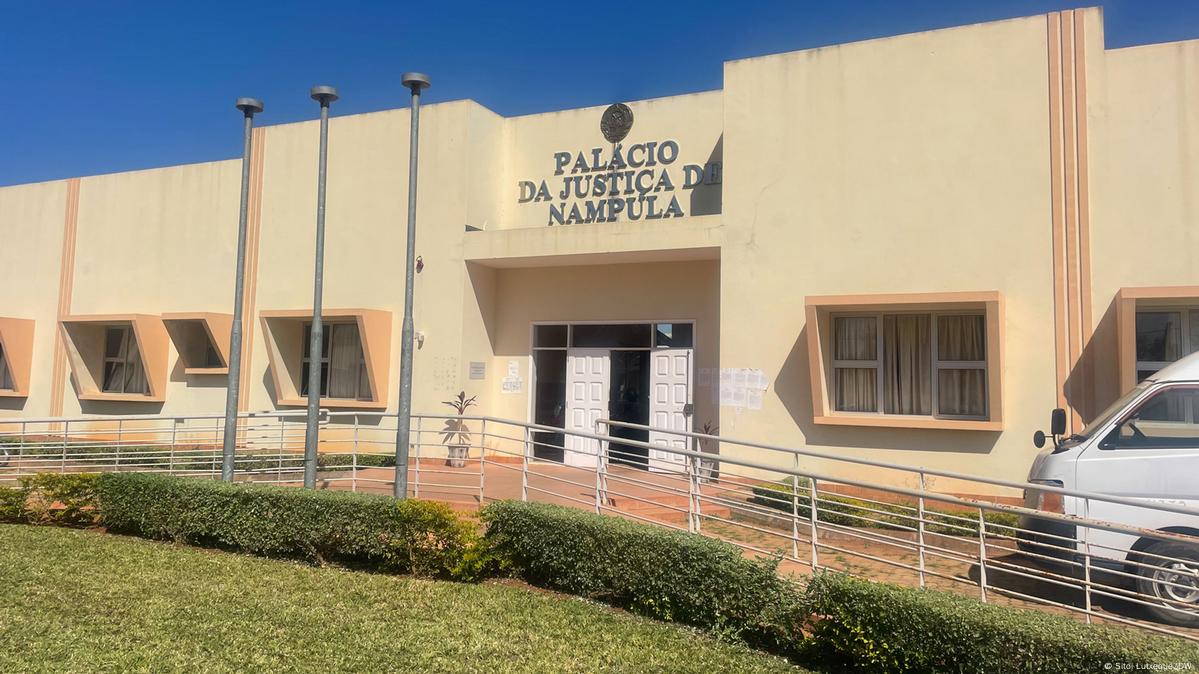The legislature in Uganda has completed the passage of a law against lesbian, gay, bisexual, transgender, queer or queer persons.
The bill was passed weeks after Yoweri Museveni met with the lawmakers from his National Resistance Movement party, and is scheduled to begin law at 2 p.m. (1100 GMT) at the presidential palace.
The legislation included some of the strict measures passed in March, which was widely criticized by the international community, including the United States, the European Union, the United Nations, and big businesses.
The death penalty for so-called aggravated homosexuality and a 20-year sentence for “promoting” homosexuality is still included in the new bill’s provisions, which activists warn may criminalize any support for the rights of lesbian, gay, bisexual, transgender, and queer people.
The speaker of the House, Anita Among, after a voice vote that followed less than a half-hour of debate, urged lawmakers to remain defiant in the face of international criticism, describing the bill as needed to protect Uganda’s children.
“Let’s protect Ugandans, let’s protect our values, our virtues. We have a culture to protect,” Among said. “The Western world will not come and rule Uganda.”
The law was changed to state that it is not illegal to simply identify as a member of the LGBTQ community. It also changed a law that required gay activities to be reported, so that it only did so when a child was present.

 Politics1 day ago
Politics1 day ago
 VenturesNow1 day ago
VenturesNow1 day ago
 VenturesNow1 day ago
VenturesNow1 day ago
 VenturesNow1 day ago
VenturesNow1 day ago




























